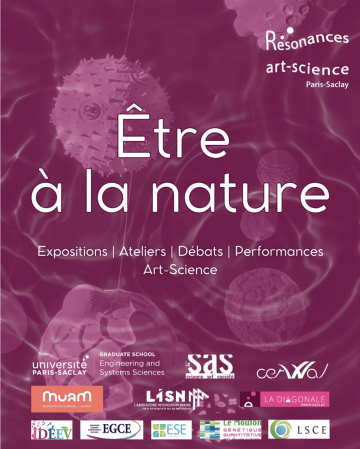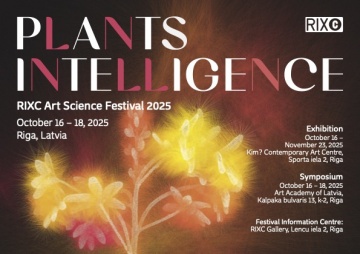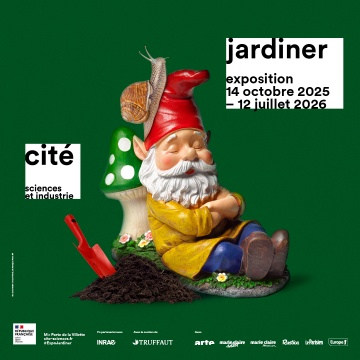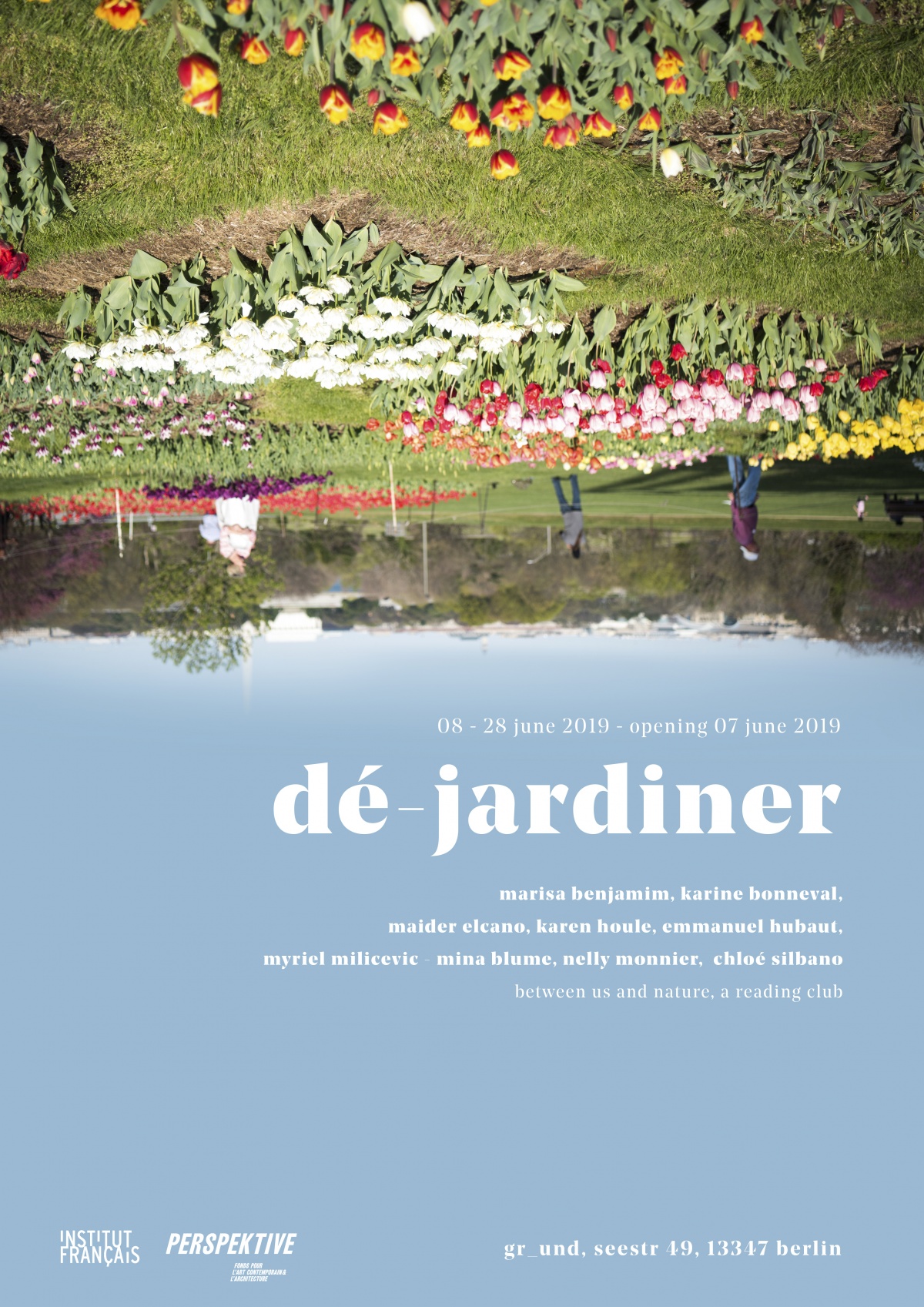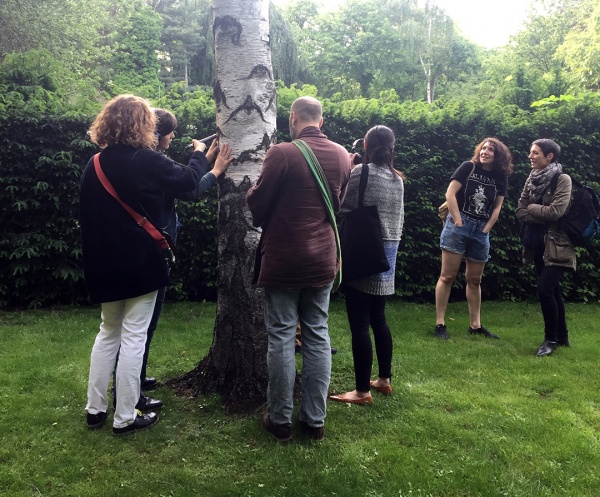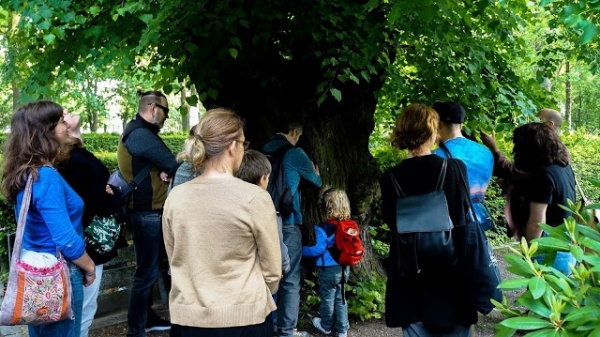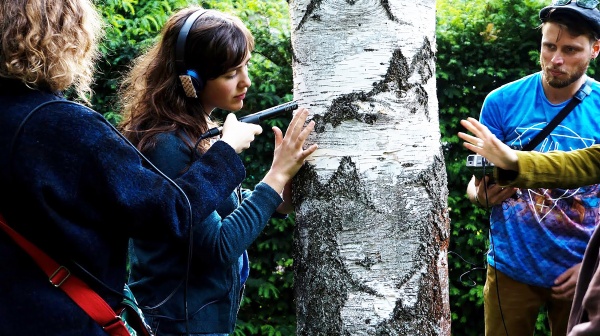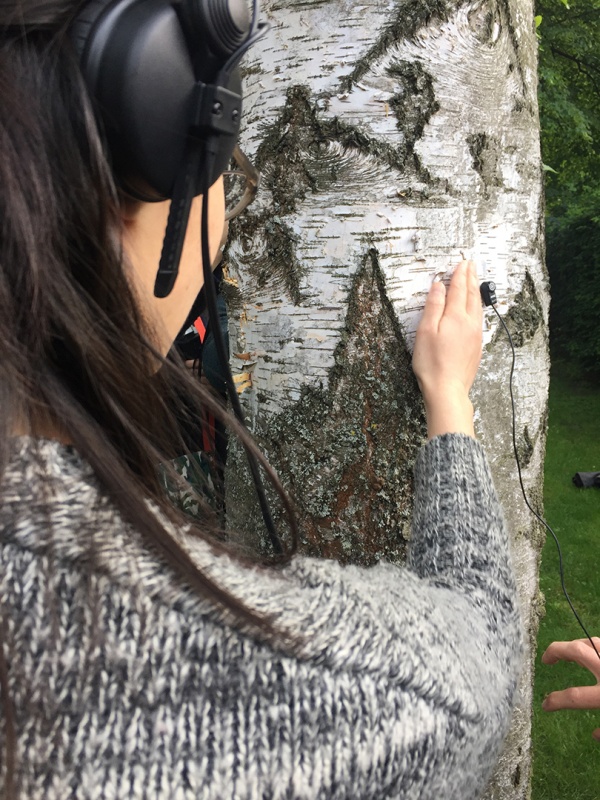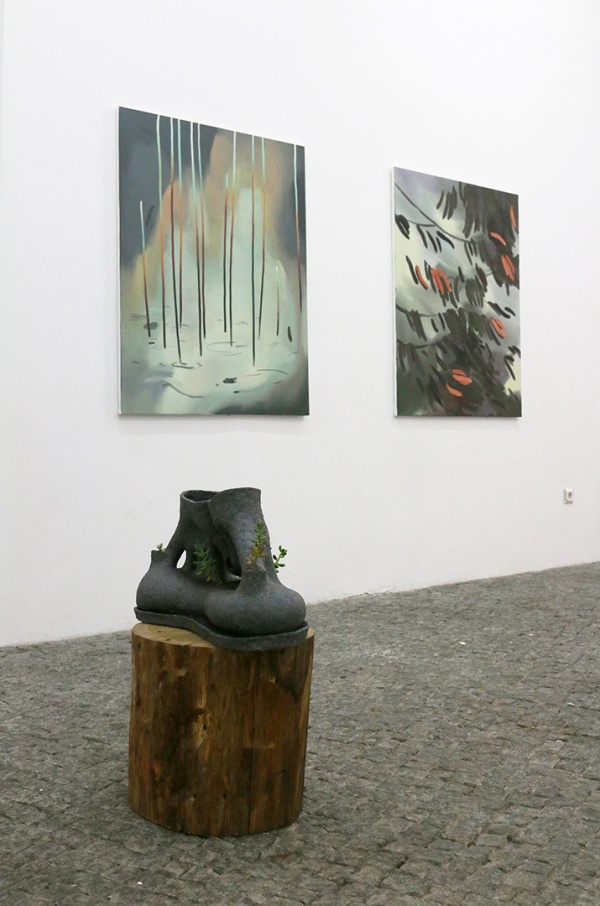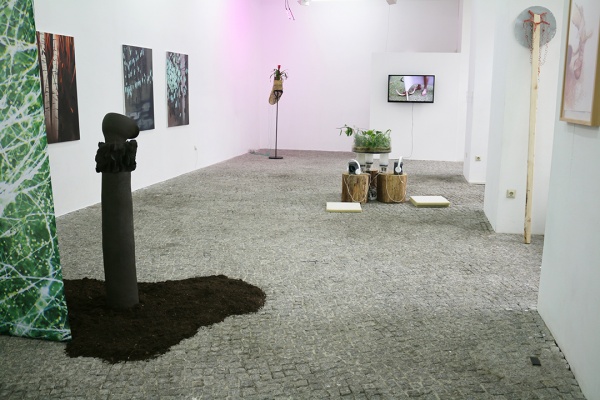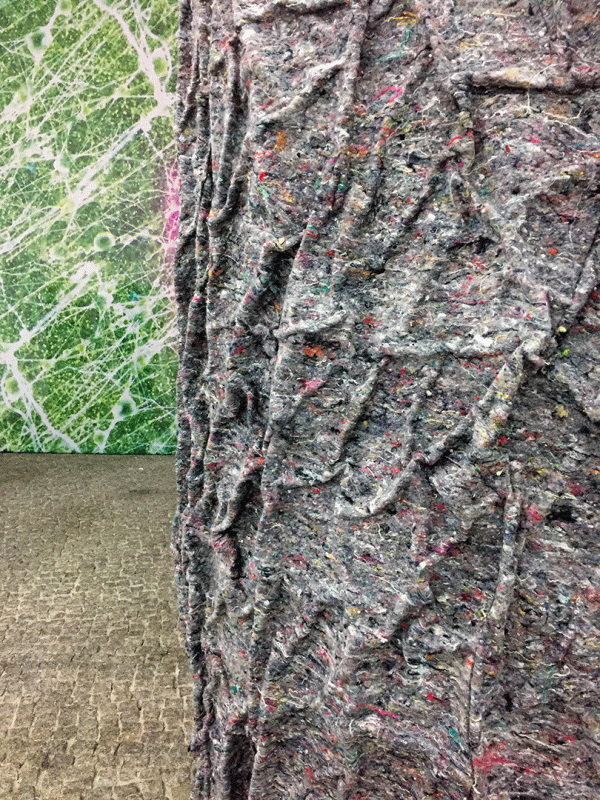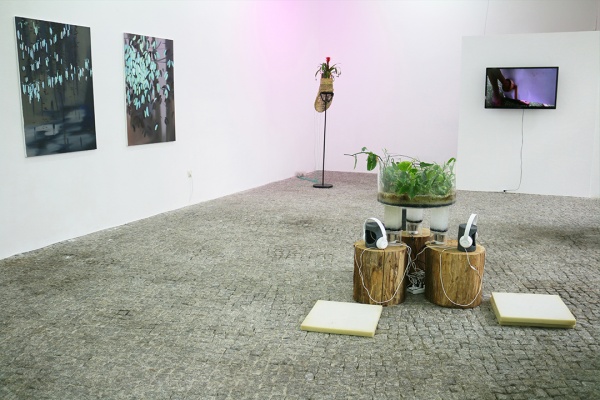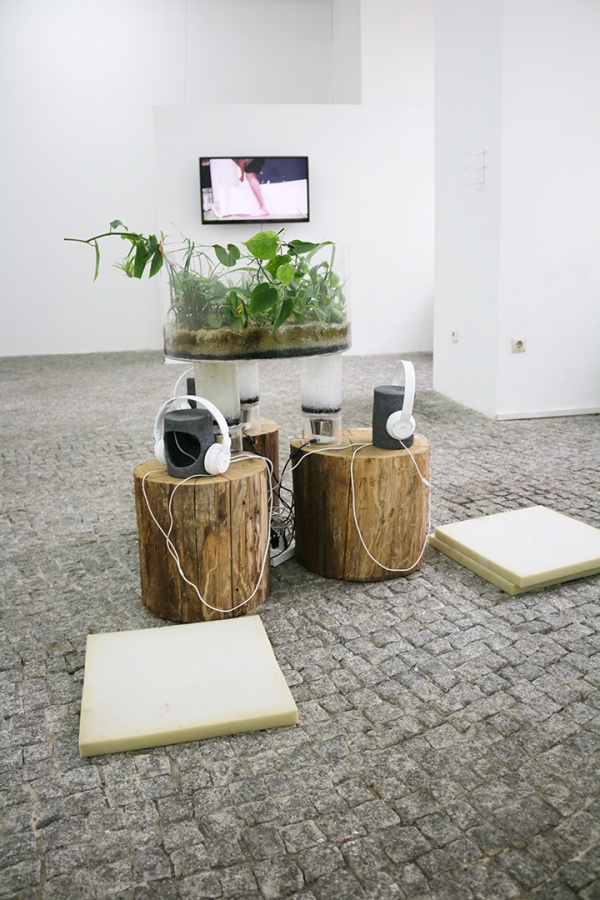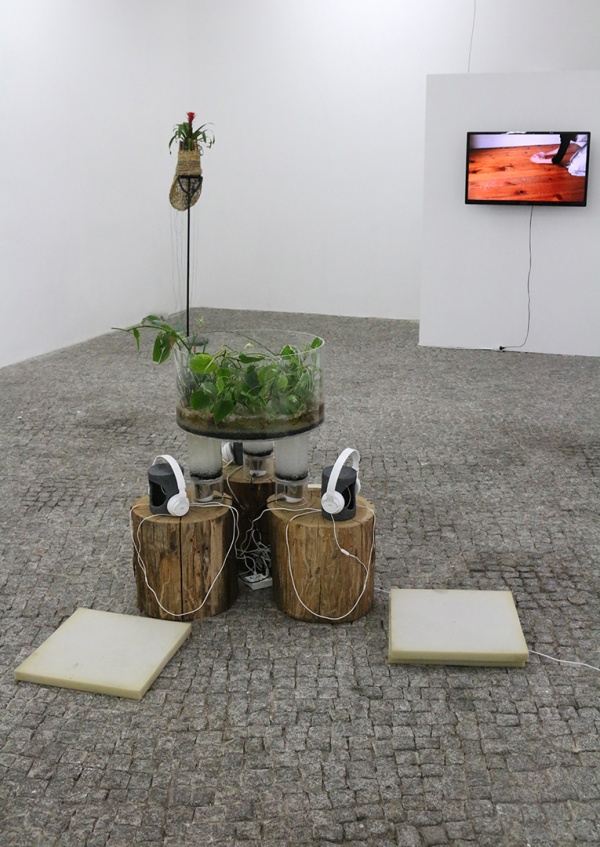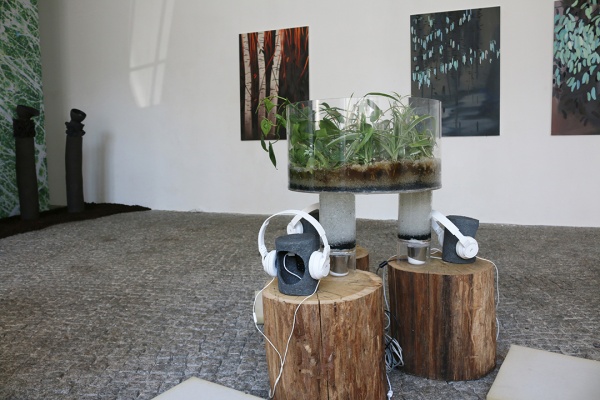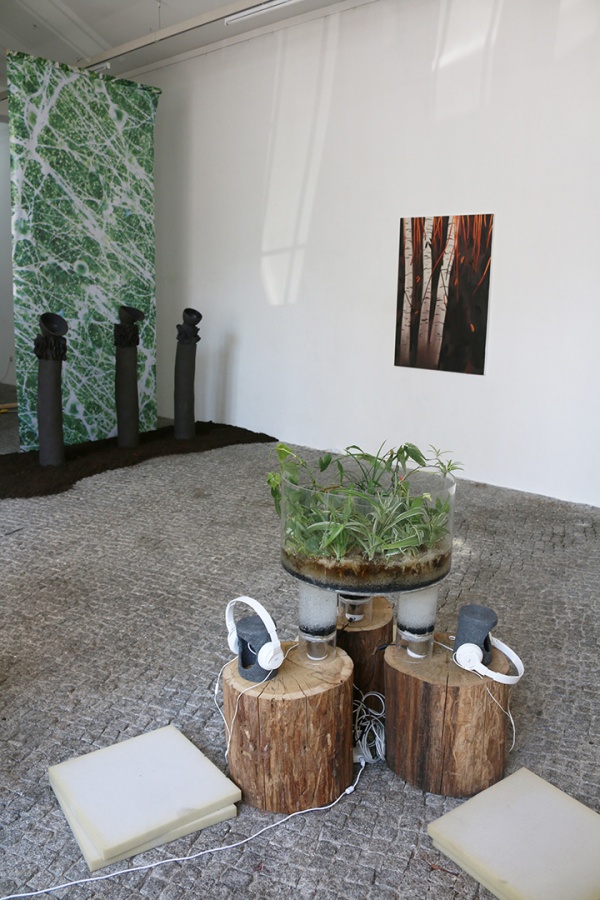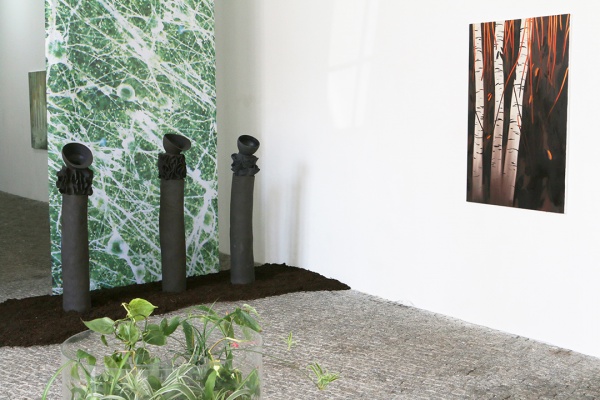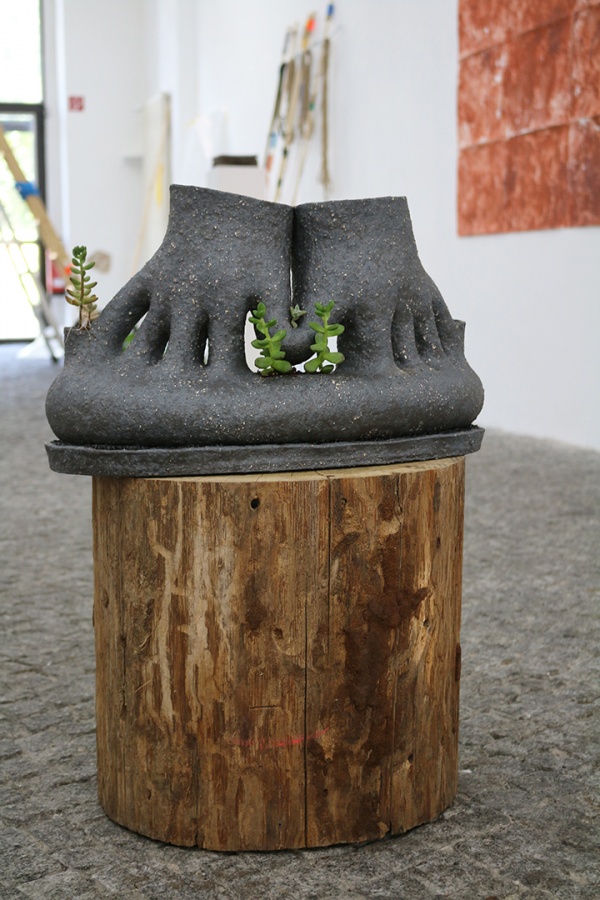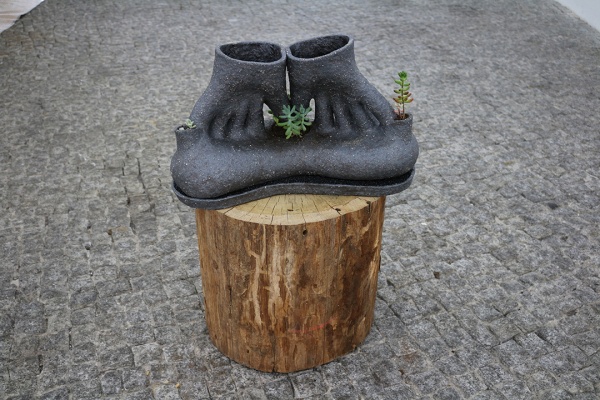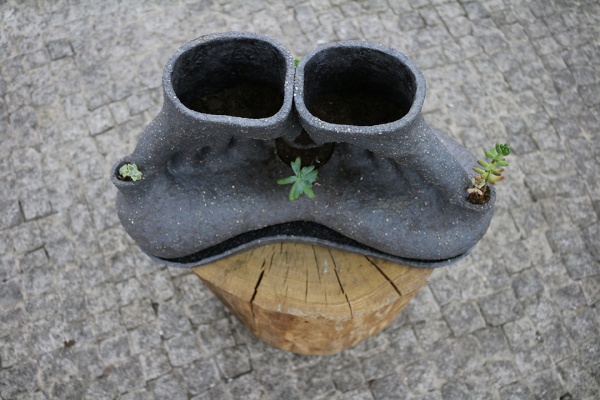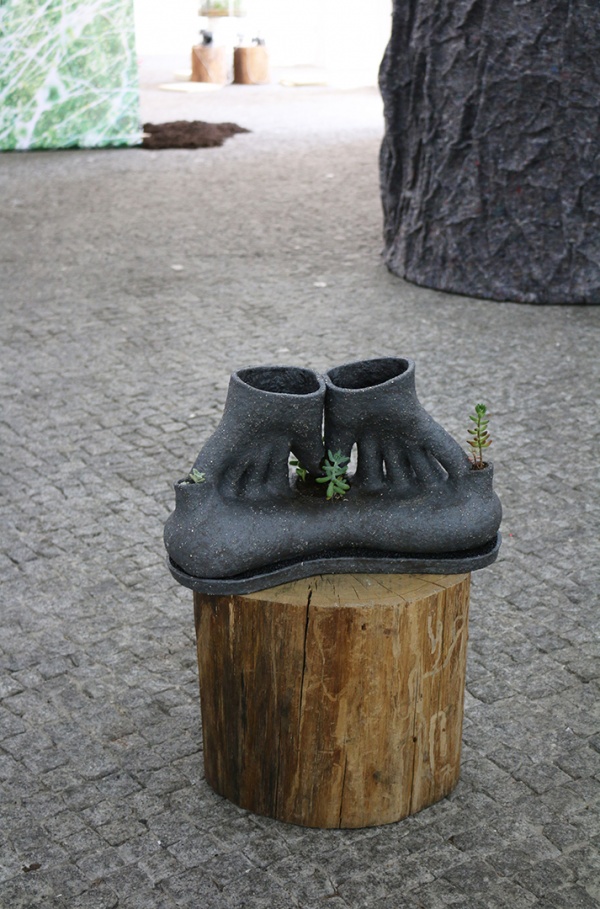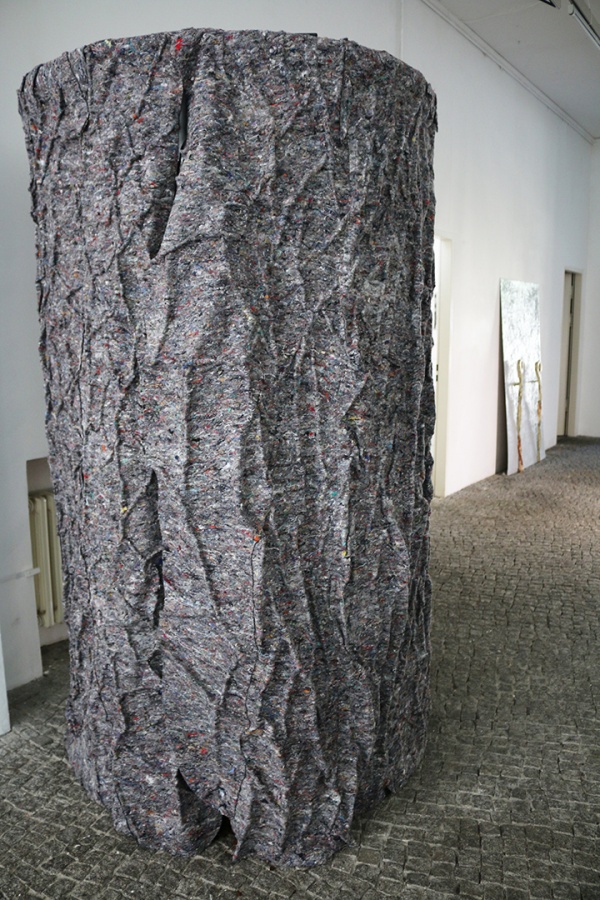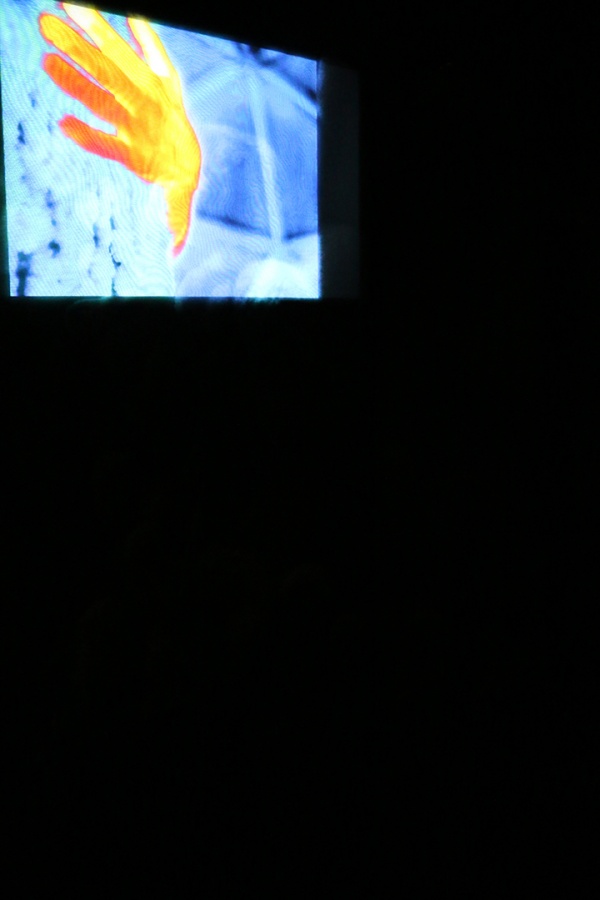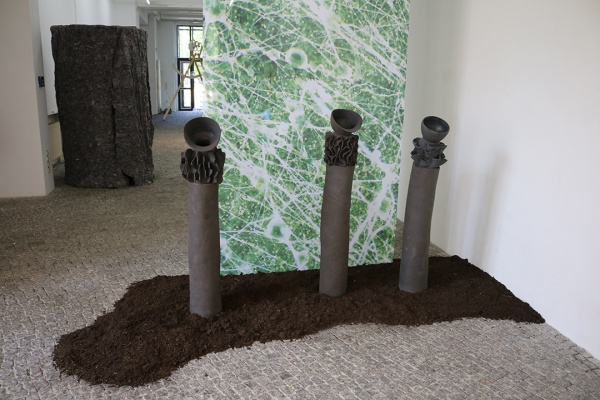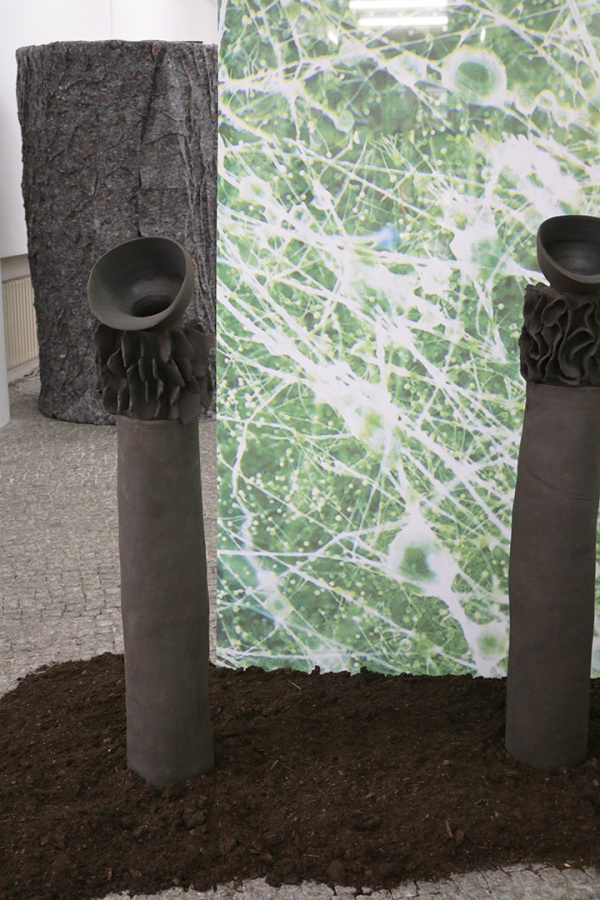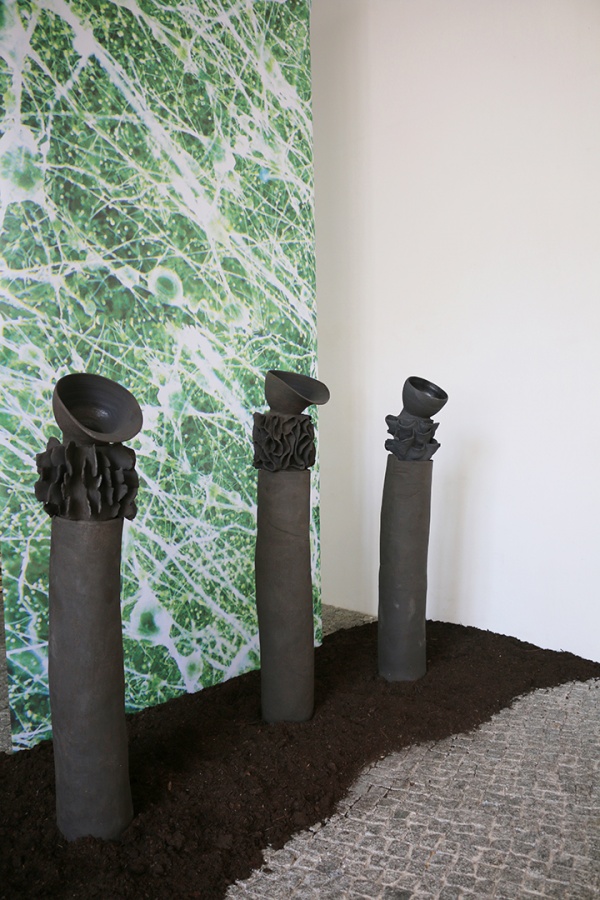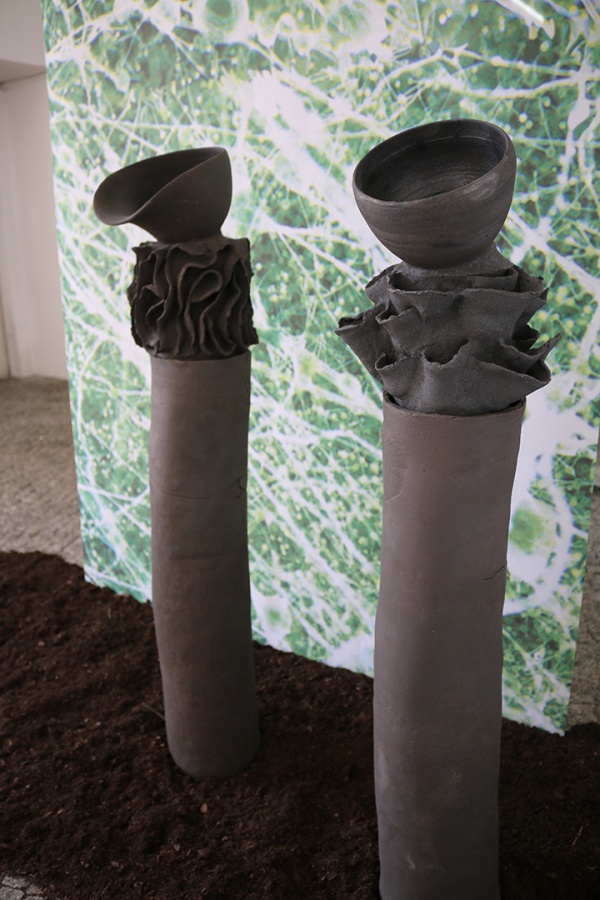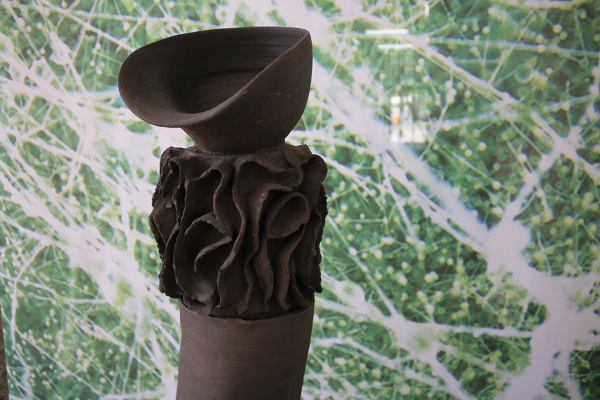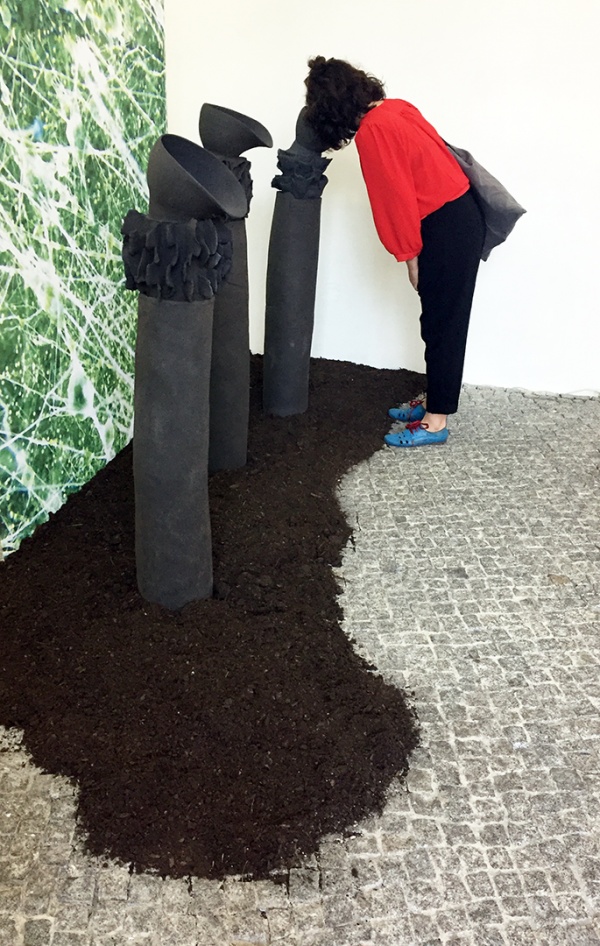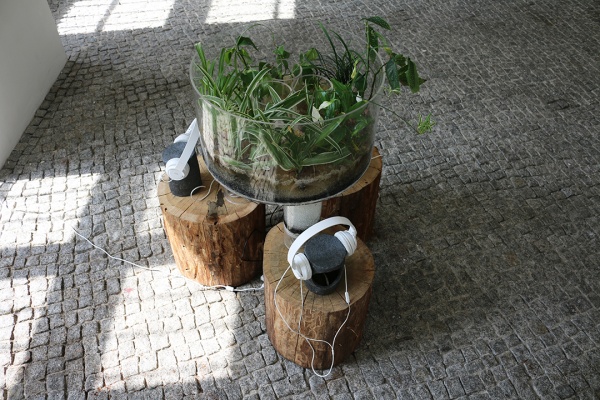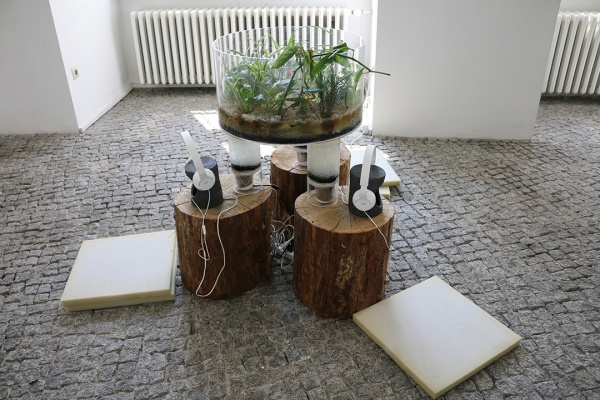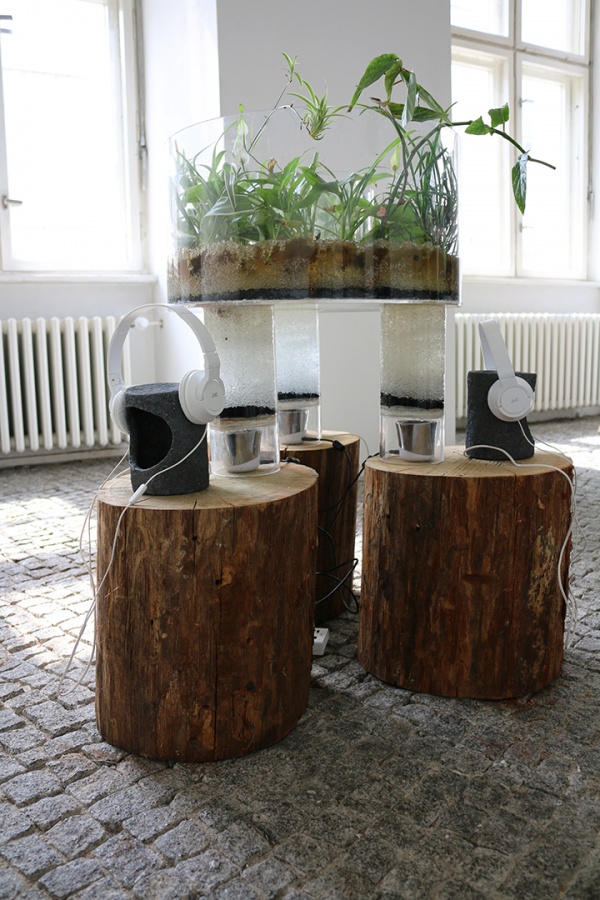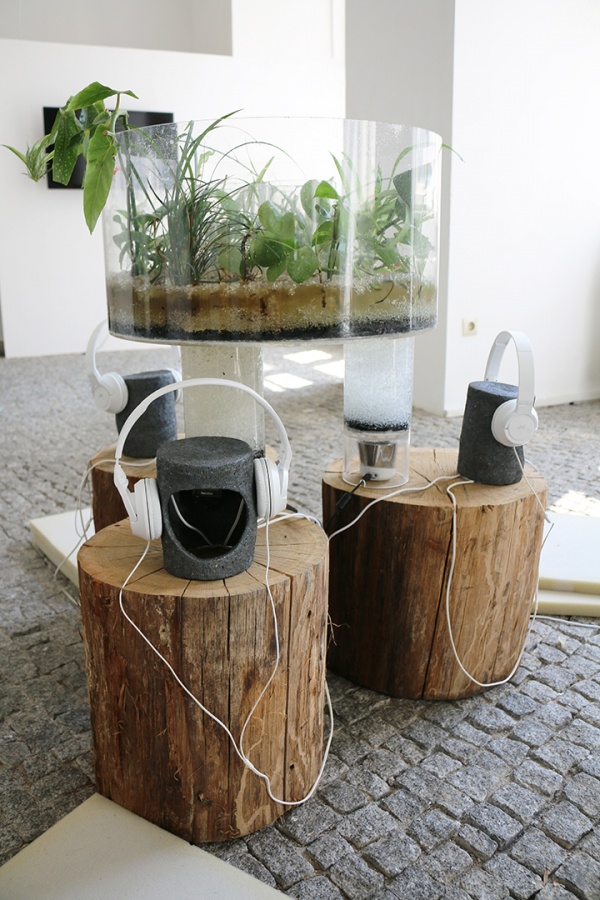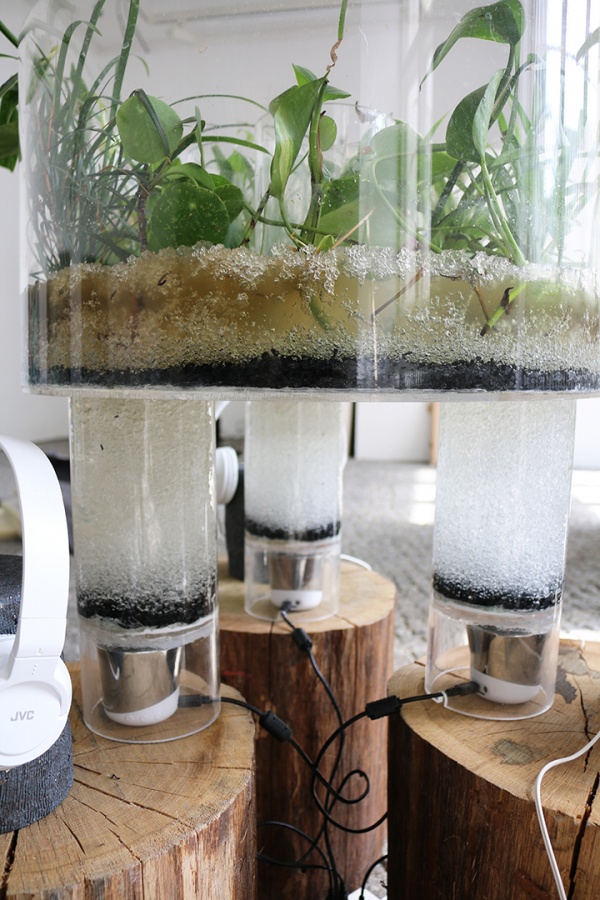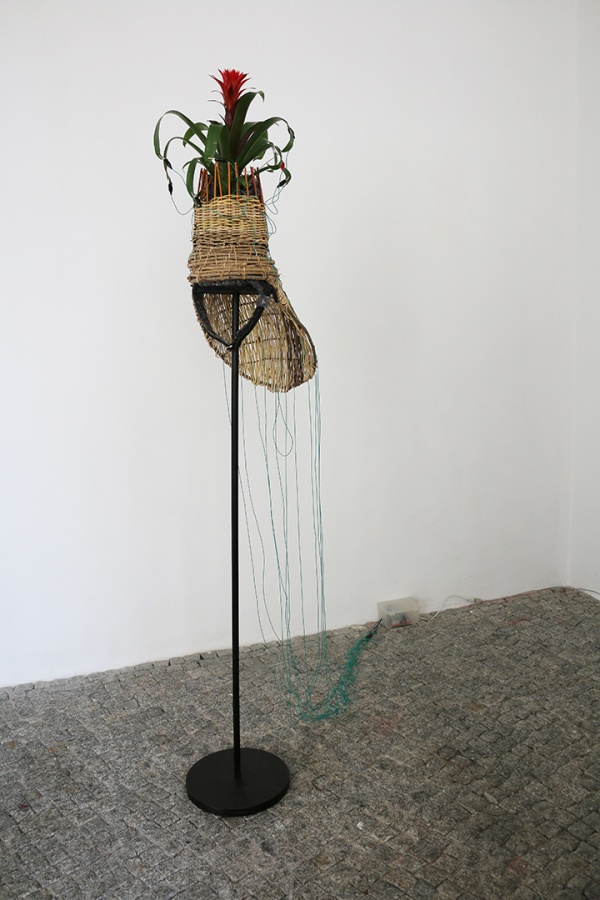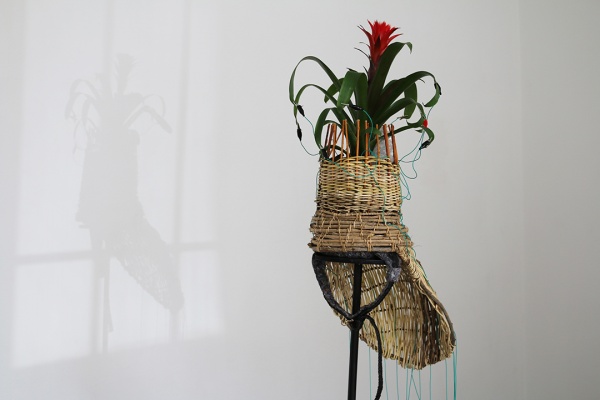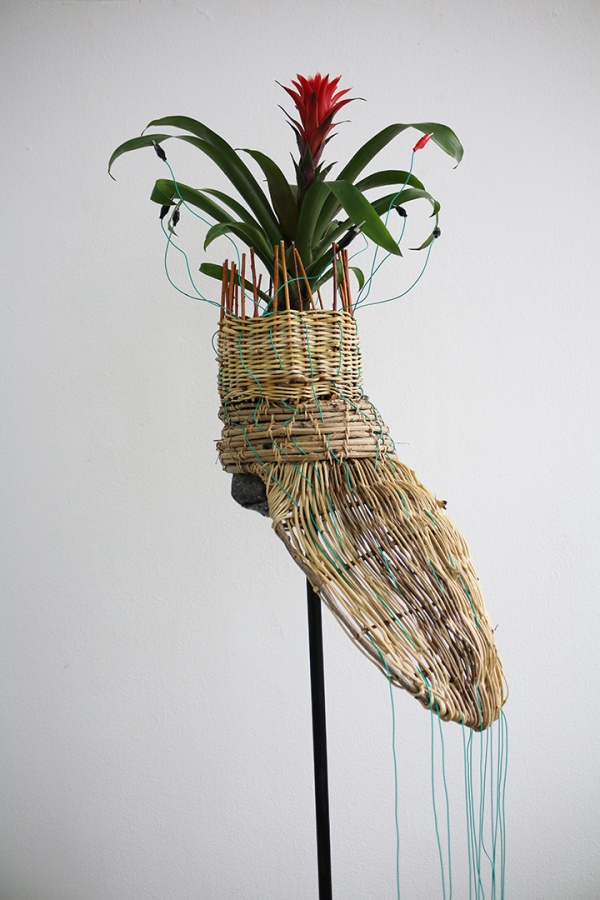Dé-jardiner
from june 7th to 28th 2019 Gr_und, BerlinArtists and stakeholders
Marisa Benjamim, Karine Bonneval, Maider Elcano, Karen Houle, Emmanuel Hubaut, Nelly Monnier, Chloé Silbano, Myriel Milicevic-Nina Blume, Between Us and Nature - A Reading Club (Eva-Fiore Kovacovsky,and Sina Ribak)
Curated by
Karine Bonneval and Delphine Marinier
May 23: Workshop by Karine Bonneval tree sound walk
7 June: Opening as part of the "Rendez-vous im Garten" event from 7pm; Perfomance by Chloé Silbano
8 June: Lecture by Karen Houle
21 June: Myriel Milicevic und Nina Blume, Counter cycling Tour
26 June: Emmanuel Hubaut, Performance
27 June: Between Us and Nature - A Reading Club (Eva-Fiore Kovacovsky, artist, and Sina Ribak, environmental & cultural manager) in cooperation with Zabriskie - Buchladen für Kultur & Natur.
Dé-jardiner[1]
Is the urban garden a delusion A space designed by humankind for its own convenience, an area of formal experimentation for the gardener, a breather valve for the hurried city dweller? Neither greenery expanses planted in rows as a landscape science nor the residue of an old-growth forest is immune to anthropomorphising. Such a space is both tangible and fantasized, crafted or pleasurable. Traditionally, it doesn't consider the vegetal as a living being. It is both a useful and pleasant construct.
Today's gardeners are further developing this concept constantly, but the time scale of the living vegetal is far-removed from that of the human being. In our modern societies, that are cut off from the animist world, drawing as close as one can get to the “vegetal being” is a genuine challenge. Science sheds light on plants’ perceptions and their subtle mobility, but cohabiting the same landscape is no easy matter today.
How to tackle the issue of artistic creation as hand-picking? By summoning our secondary sensors in order to rid ourselves of old reflexes and lure the visitor into getting physically involved in their encounter of with the other. Regardless of the form they take, they are minute, slow-paced adjustments and ineffectual rivals within what philosopher Yves Citton refers to as the “attention economy”, which is regarded as a resource one can leverage, according to market-driven strategies.
Dé-Jardiner invites you to an exploration tour of the open territories conjured up throughout the exhibition premises: the outcome of experiences, crossings, the reappropriation of our senses.
[1]Taken from the Exhibition Catalogue Jardin infini, Bénédicte Ramade, Centre Pompidou-Metz, 2017
This project is supported by the Perspektive grant
Website
